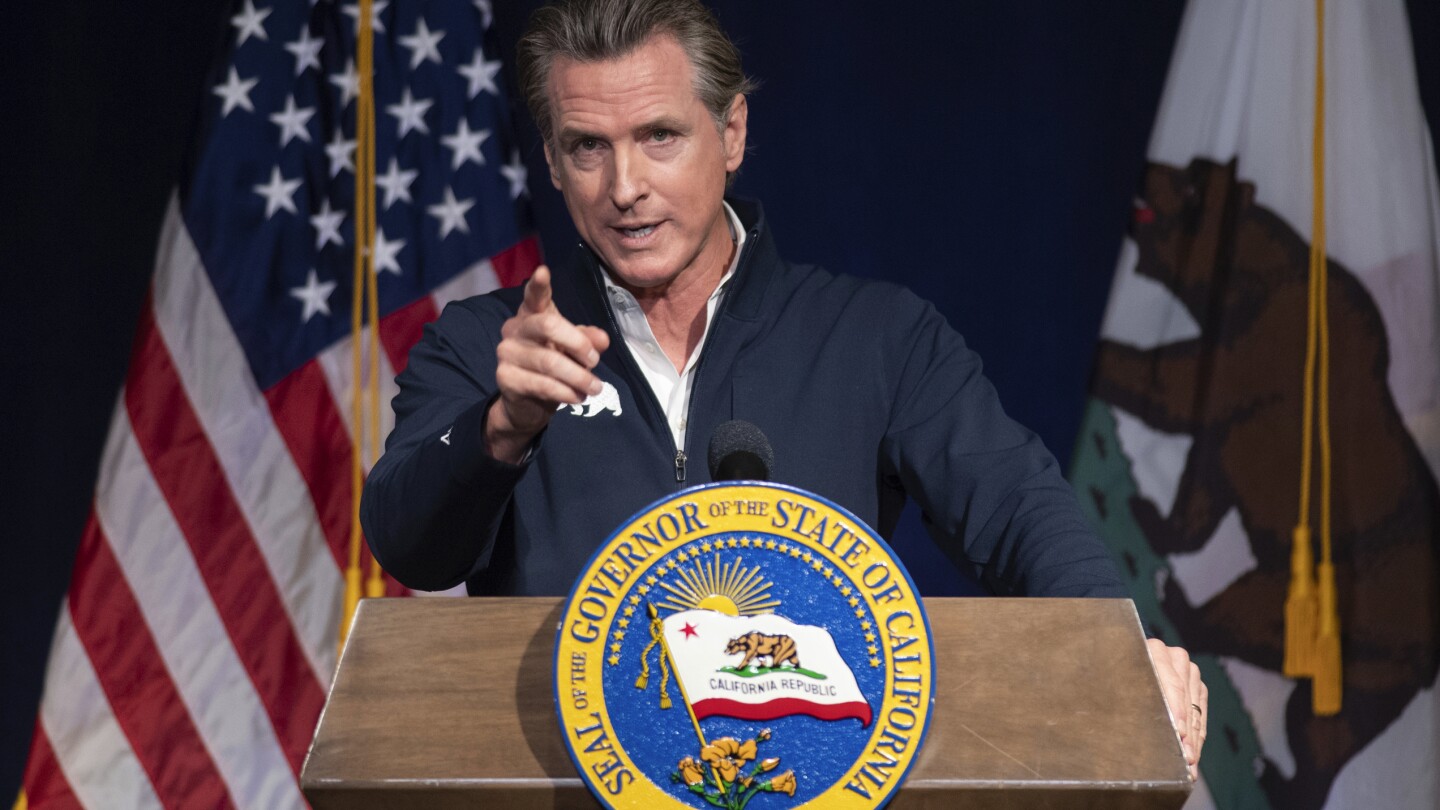Gov. Gavin Newsom vetoed a bill Saturday that would have made California the first U.S. state to outlaw caste-based discrimination.
Caste is a division of people related to birth or descent. Those at the lowest strata of the caste system, known as Dalits, have been pushing for legal protections in California and beyond. They say it is necessary to protect them from bias in housing, education and in the tech sector — where they hold key roles.
Earlier this year, Seattle became the first U.S. city to add caste to its anti-discrimination laws. On Sept. 28, Fresno became the second U.S. city and the first in California to prohibit discrimination based on caste by adding caste and indigeneity to its municipal code.
In his message Newsom called the bill “unnecessary,” explaining that California “already prohibits discrimination based on sex, race, color, religion, ancestry, national origin, disability, gender identity, sexual orientation, and other characteristics, and state law specifies that these civil rights protections shall be liberally construed.”



Y’all, by banning this, someone who is the victim of caste discrimination has to first prove that caste discrimination even exists.
And every victim will have to prove this every time.
Yeah, it’s a terrible idea. You want such discrimination to be legally responded to using existing non-discrimination law, not something specific to it.
You completely misunderstood.
Because there is nothing specific to caste discrimination in existing law the victims will need to prove discrimination even exists in order to actually use existing non-discrimination law. Without specific protections the burden is on the victim to prove they were victimized at all.
I don’t understand. How would the new law have helped people who can’t prove they’re being discriminated against? How would that work?
It would create a clear burden of proof by defining caste discrimination in exact terms, which they could then use to make their case.
Without specificity, they have to prove caste discrimination exists and then prove that they meet the criteria.
What would this law have done to change it? How would it be applied? I hope that doesn’t sound like a bad faith question because I’m actually curious.
National origin/ancestry: Dalit. Seems covered?
deleted by creator